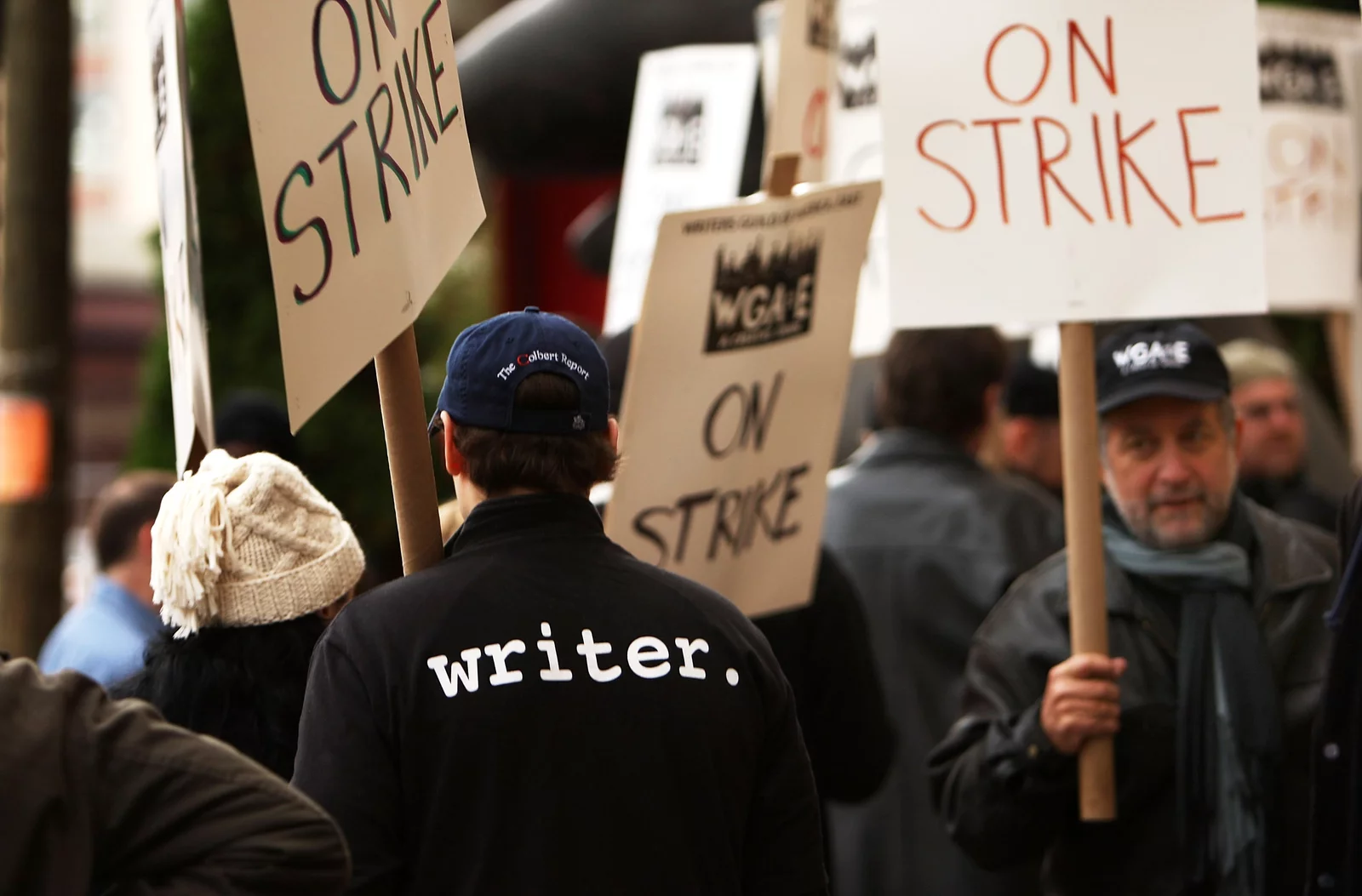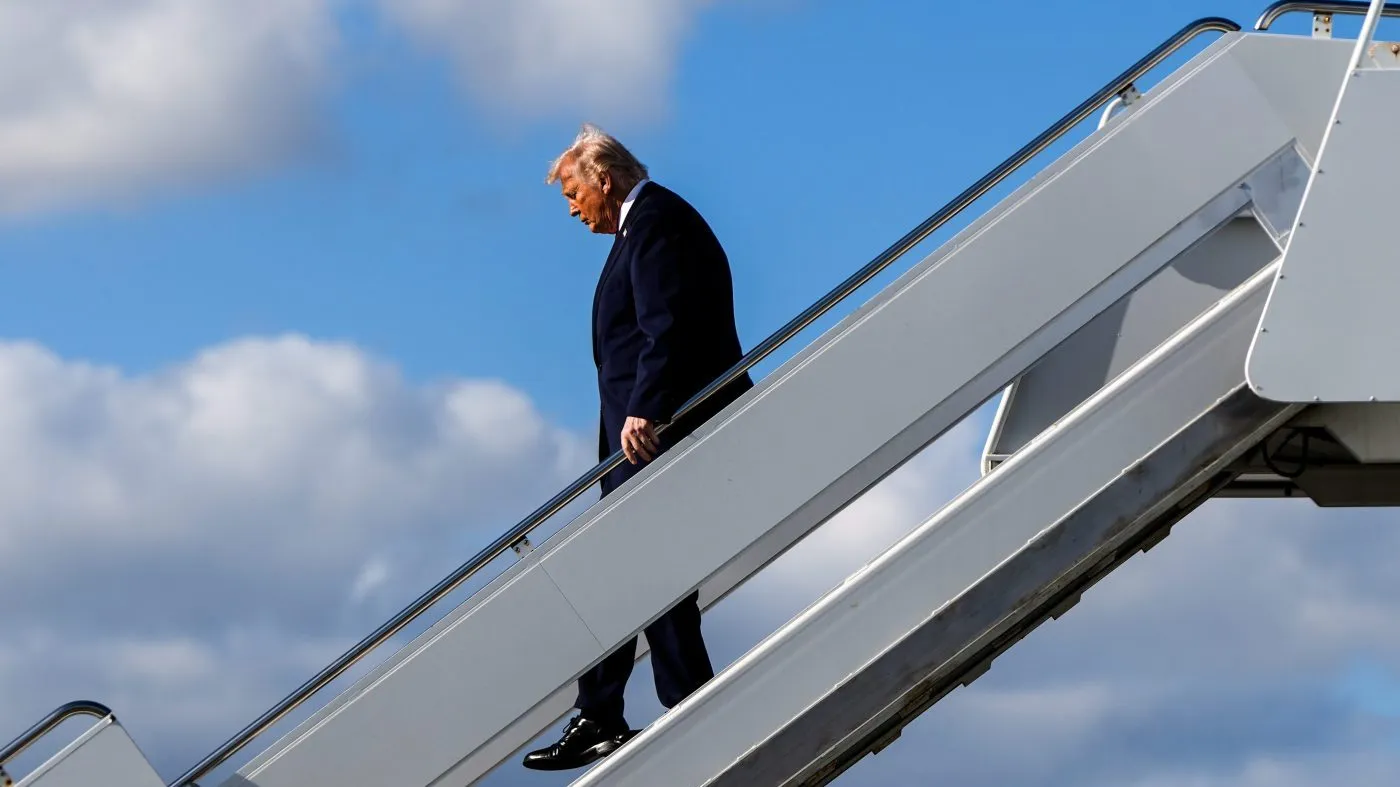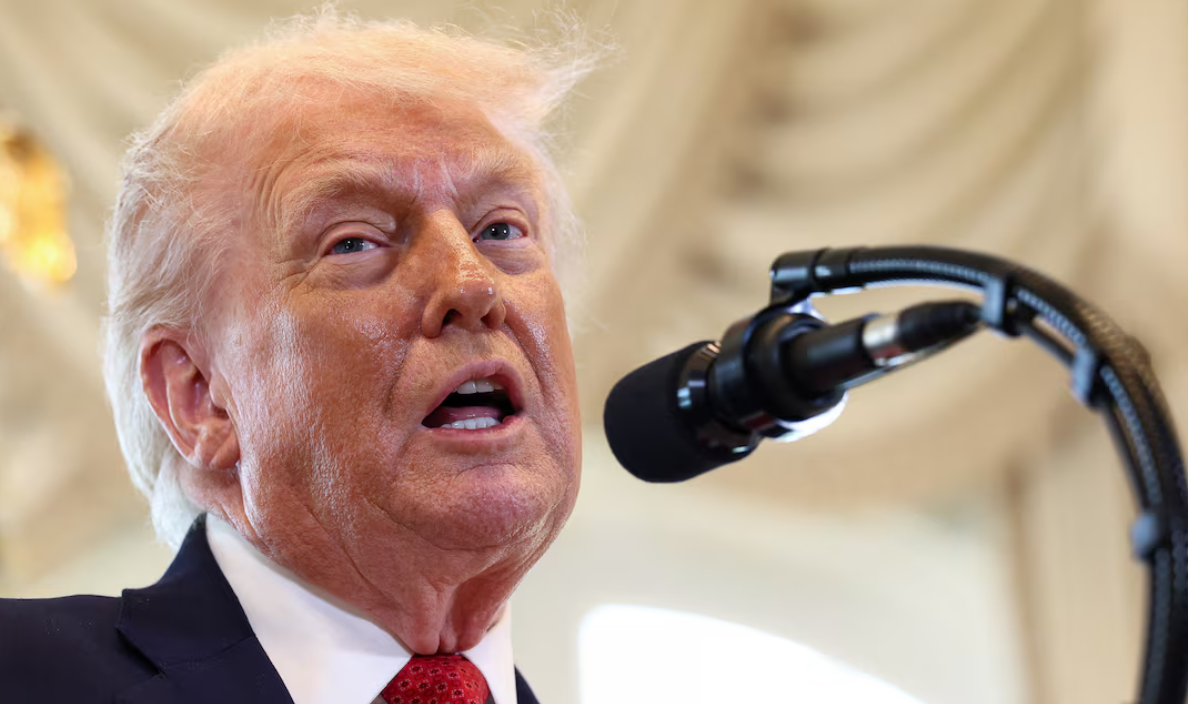Television and film writers have gone on strike against major Hollywood studios: Netflix, Amazon, Apple, Disney, Discovery-Warner, NBC Universal, Paramount and Sony. The Writers Guild of America and the Alliance of Motion Picture and Television Producers, which represents the studios, failed to come up with a new three-year contract in advance of the old deal expiring at midnight Monday. Representatives of the WGA voted to call a strike, which went into effect at 12:01 a.m. PT on Tuesday.
“The companies’ behavior has created a gig economy inside a union workforce, and their immovable stance in this negotiation has betrayed a commitment to further devaluing the profession of writing,” the WGA said in a statement Monday night. “From their refusal to guarantee any level of weekly employment in episodic television, to the creation of a ‘day rate’ in comedy variety, to their stonewalling on free work for screenwriters and on AI for all writers, they have closed the door on their labor force and opened the door to writing as an entirely freelance profession.”
The WGA said picketing would begin Tuesday afternoon.
In a statement sent to NPR sent shortly before the announcement of the strike call, AMPTP said it had presented a package proposal to the guild “which included generous increases in compensation for writers as well as improvements in streaming residuals.” According to that statement, the studio’s alliance told the WGA it was prepared to improve that offer “but was unwilling to do so because of the magnitude of other proposals still on the table that the Guild continues to insist upon. The primary sticking points are ‘mandatory staffing,’ and ‘duration of employment’ — Guild proposals that would require a company to staff a show with a certain number of writers for a specified period of time, whether needed or not.”
Since negotiations began in March, the WGA had been asking for higher wages, healthcare benefits and pensions, and in particular, better compensation when their work shows up on streaming platforms such as Netflix and Amazon Prime.
“Driven in large part by the shift to streaming, writers are finding their work devalued in every part of the business,” the guild said in a bulletin to its members. “While company profits have remained high and spending on content has grown, writers are falling behind.”
The strike comes at a time when there are increasing concerns about the profitability of streaming, and fears of a possible economic recession. Companies such as Disney, Warner Bros. Discovery, Amazon and Netflix have laid off thousands of employees.
Still, Alex O’Keefe, one of the writers of the Hulu series The Bear, says that the writers aren’t getting a fair cut of what studios are making. “I’m really grateful to work on a show about the everyday struggle that so many Americans are living through,” he told NPR. “But at the same time, I’ve seen that there’s complete lack of care towards our working conditions. It makes it so difficult to produce the content that then makes them millions and millions of dollars.”
O’Keefe says even though The Bear was a hit, “I don’t get paid every time somebody watches it. I don’t get paid every time somebody says, ‘yes, chef.’ I don’t expect to make the majority of the profits or anything like that. I just added my spice. It was a whole operation to cook up that show. But we don’t receive the residuals that people associate with television shows.”
Britanni Nichols, who writes for the ABC show Abbott Elementary, says that between seasons, she used to be able to live off residuals she got when the network re-aired an episode she wrote. She got half her original writing fee each time. Now, when her episodes are sold to the streamers, she gets just 5.5 percent of her writing fee.
“You’re getting checks for $3, $7, $10. It’s not enough to put together any sort of consistent lifestyle,” she told NPR. “It can really be a real shock. … sometimes you get a stack of checks for $0.07.”
Writers in Hollywood are basically gig workers with a union, constantly looking for their next job.




